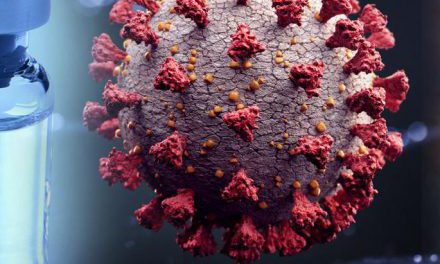February 4, 2024
In a groundbreaking study published in the journal Neurology, researchers have found that women suffering from polycystic ovary syndrome (PCOS) may be more prone to memory and thinking problems as they enter middle age. PCOS, a common hormonal disorder affecting up to 10 percent of women, is characterized by irregular menstruation, elevated levels of androgen, excess hair growth, acne, infertility, and poor metabolic health.
Lead author Heather G. Huddleston, MD, from the University of California, US, emphasized the significance of their findings, stating, “While PCOS has been linked to metabolic diseases such as obesity and diabetes, which can lead to heart problems, less is known about how this condition affects brain health. Our results suggest that individuals with PCOS may experience lower memory and thinking skills and subtle brain changes in midlife.”
The study, conducted over a span of 30 years with 907 female participants aged between 18 to 30, revealed compelling insights into the cognitive effects of PCOS. During an attention test, participants were tasked with identifying the color of ink in which words were displayed rather than reading the words themselves. The results indicated that individuals with PCOS had an average score approximately 11 percent lower than those without the condition.
After adjusting for age, race, and education, the researchers found that individuals with PCOS scored lower on three out of five administered tests, particularly in the areas of memory, attention, and verbal abilities compared to their counterparts without the condition.
Dr. Huddleston highlighted the potential broader impact of these cognitive challenges, stating, “This could impact a person on many levels, including quality of life, career success, and financial security.”
The study’s findings underscore the need for a more comprehensive understanding of the long-term implications of PCOS beyond its reproductive and metabolic aspects. Dr. Huddleston suggested potential lifestyle changes to mitigate cognitive effects, stating, “Making changes like incorporating more cardiovascular exercise and improving mental health may serve to also improve brain aging for this population.”
As further research unfolds, these findings open avenues for a more holistic approach to the management and care of individuals with PCOS, addressing not only physical health but also cognitive well-being.











